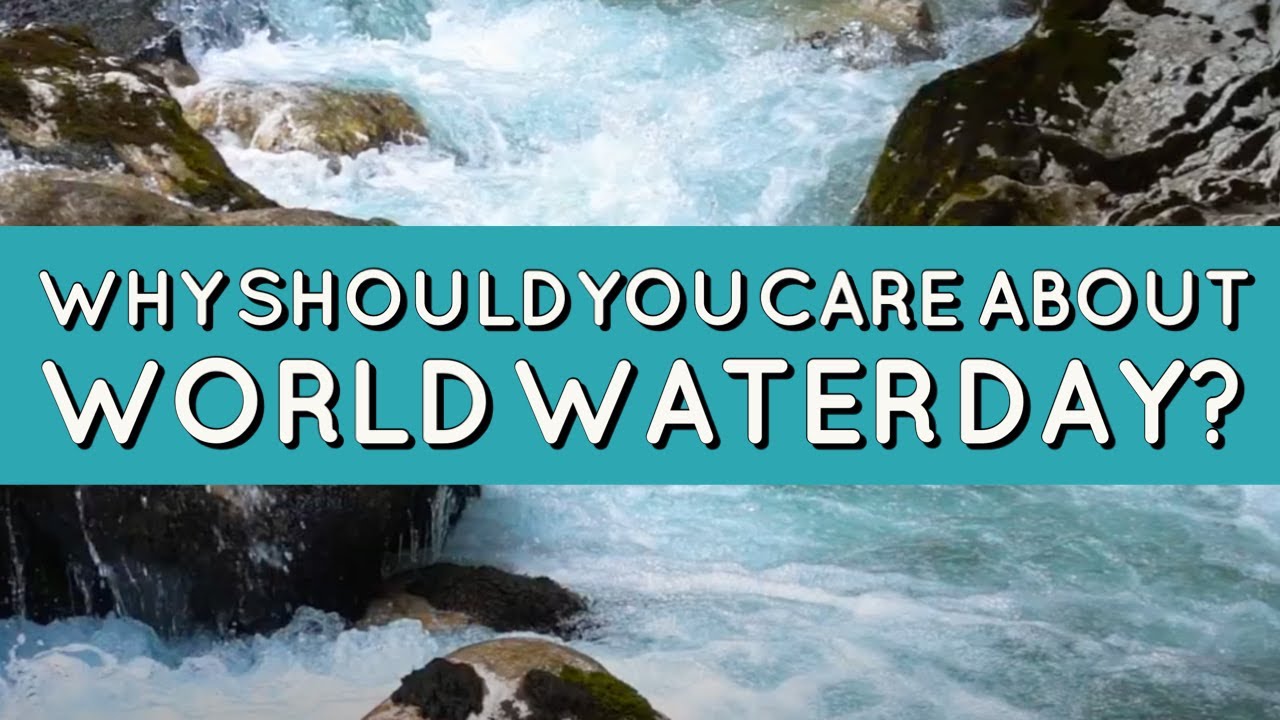Summary:
1. The importance of World Water Day and why we should care about it.
2. The significance of Earth’s water resources for all living things.
3. Actionable steps we can take to preserve water resources.
4. Fascinating facts about water and its role in nature and wildlife.
Water is the essence of life. We all know this, yet we often take it for granted. Every year on March 22nd, we celebrate World Water Day, a day dedicated to raising awareness about the importance of water and the need to preserve its resources. This article will explore the unique and fascinating aspects of World Water Day, the significance of Earth’s water resources, and the actionable steps we can take to ensure a sustainable future for this vital element.
Did you know that only a minuscule 0.3% of the Earth’s water is accessible freshwater? This means that most of the world’s water, about 97.5%, is saltwater, making it unsuitable for drinking or irrigation. Considering how crucial freshwater is for all living things, including humans, animals, and plants, is astonishing. This scarcity highlights the importance of conservation and efficient water management.
So why should we care about World Water Day? The answer is simple: water is the foundation of life. Without it, our planet would be a barren wasteland devoid of vibrant ecosystems and thriving wildlife. As zoologists, we have witnessed firsthand the impact of water scarcity on animals in the wild. The consequences are dire, from thirsty elephants in drought-stricken regions of Africa to endangered species struggling to survive in shrinking habitats.
But it’s not only wildlife that is affected. Humans, too, rely heavily on water for their survival and well-being. Access to clean water is a basic human right, yet millions worldwide still lack this necessity. By raising awareness on World Water Day, we can advocate for equitable access to clean water and work towards creating a more sustainable future.
Now, let’s delve into the significance of Earth’s water resources. Water is a dynamic force that shapes our planet. From mighty rivers and vast oceans to tranquil lakes and mesmerizing waterfalls, it is a source of awe and wonder. But it’s not just its beauty that makes water so important. It also plays a crucial role in regulating the Earth’s climate, storing heat, and distributing it across the globe through ocean currents.
Additionally, water is a vital habitat for countless species of plants and animals. Imagine the lush banks of a river teeming with life, from fish darting through its currents to birds roosting in the nearby trees. These ecosystems are delicately balanced, and any disruption to the water flow can have far-reaching consequences. By preserving water resources, we safeguard the interconnected web of life that relies on these habitats.
Now that we understand water’s significance, let’s explore actionable steps to preserve this precious resource. Conserving water begins with small changes in our daily routines. Simple practices like turning off the tap while brushing teeth, fixing leaky faucets, and using water-efficient appliances can make a significant difference.
In addition to personal efforts, policymakers and governments play a crucial role in water conservation. Implementing sustainable practices in agriculture and industry, promoting water recycling and reusing, and investing in infrastructure that minimizes water waste are all essential steps towards a water-secure future.
Education and awareness are also vital components of preserving water resources. By educating ourselves and others about the value of water and the impact of our actions, we can inspire change at both an individual and collective level. Sharing stories, hosting community events, and engaging in conversations about water conservation can spark a ripple effect, spreading the message far and wide.
Let’s uncover some fascinating facts about water and its role in nature and wildlife. Did you know a hippopotamus spends up to 16 hours daily submerged in water? Their hefty bodies are perfectly adapted for a semi-aquatic lifestyle, relying on water for hydration and protection from the scorching African sun. And speaking of adaptations, did you know that the kangaroo rat, found in the arid regions of North America, can survive without drinking water? It obtains the moisture it needs from the seeds it consumes.
Water is also critical to many intricate ecosystems, such as coral reefs. These underwater marvels teem with life and offer stunning colors and shapes. Coral reefs are often called the rainforests of the sea, creating a habitat for countless species, including fish, sea turtles, and vibrant corals. Yet, these delicate ecosystems are under threat due to factors like climate change, pollution, and overfishing. By protecting water resources, we are safeguarding the homes of these magnificent creatures.
As we celebrate World Water Day, let’s reflect on the importance of water to all living things and the role we play in its preservation. Each drop of water is valuable, and by making small changes in our daily lives, advocating for change, and raising awareness, we can ensure a brighter future for water resources and the diverse ecosystems they support. Let’s take action today and make every day World Water Day.
*****
Source Description
As we celebrate World Water Day, see why Earth’s water resources are so important for all living things and actionable steps to take to preserve them.


